
Updated November 22, 2023
Most of us are taught to focus on attaining hard skills like a technical degree, and yet research from Harvard, Stanford, and The Carnegie Foundation found that soft skills account for 85% of career success. Indeed, soft skills are essential for a successful workplace, so HR teams need to know how to assess whether or not candidates possess the right ones for the positions they’re hiring for.
What Are Soft Skills and Why Do They Matter?
Skills can generally be categorized into hard and soft. G2 explains that hard skills are job-specific and quantifiable, while soft skills are more like social skills.

If hard skills, or technical skills, reflect what an employee does, then a soft skill, or non-technical skill, reflects how they do it. For example, a call center representative or front-desk personnel might have technical skills that allow them to operate software, use technology, and analyze data. However, soft skills will allow this representative to communicate effectively with clients, successfully resolve their issues, and collaborate with team members.
Soft skills are the communication techniques that define how candidates relate to other people. Soft skills can also be analytical in nature, like breaking down problems into solutions for example. Soft skills can include active listening, building rapport, using positive language, and more, but more on that in the next section. It is important to note that soft skills are like communication techniques, but these are different from communication skills. Communication skills are more like fluency, grammar, and sentence structure.
As skilled workers become more scarce, adding soft skills to the hiring process will future-proof an organization’s workforce. But what soft skills should a company focus on for their modern workforce?
What Are The Most Important Soft Skills to Focus On?
More than just a buzzword, there are more than one hundred possible soft skills including leadership skills, interpersonal skills, communication skills, active listening and more. The list of most-important soft skills will vary depending on who you ask.
MatchBuilt says the essential soft skills are:
- communication
- time management
- multitasking
- teamwork
- critical thinking
- decision making
- self-motivation
- leadership
People Scout says that key soft skills are:
- attitude
- communication
- work ethic
- teamwork
- leadership qualities
- time management
- decision making
- conflict resolution
- critical thinking
- networking
- empathy
- problem-solving
Indeed says the top soft skills are as follows:
- communication
- adaptability
- teamwork
- creativity
- time management
- interpersonal skills
- attention to detail
- work ethic
- problem-solving
- leadership
Similarly, the National Association of Colleges and Employers reported in 2017 that the “ability to work in a team,” was most-commonly considered the most desirable attribute from recent graduates.
There are a handful of workplace soft skills that repeat across the different sources above, like communication or time management. This makes sense because there are certain “baseline soft skills”, as we like to call them, that are broadly applicable. So what do workplaces favour most?
The Top Soft Skills in the Workplace
Business Communication Quarterly published a study that found executives value the following soft skills the most in the workplace:
- Integrity
- Communication
- Courtesy
- Responsibility
- Social skills
- Positive attitude
- Professionalism
- Flexibility
- Teamwork
- Work ethic
The University of Calgary cited the following as the top soft skills in the workplace:
- Communication
- Team Work
- Problem solving
- Time Management
These are all valid for a workplace, but not every soft skill is needed for every position and as demonstrated from these two reputable examples, not everyone agrees on the top soft skills in the workplace. How do employers know which ones to look for? That’s the thing, most often they don’t.
“not every soft skill is needed for every position”
However, hiring managers also need to recognize that there are workplace soft skills that are more appropriate for one position versus another. Our experts explain:
“A sales role, for example, requires the ability to persuade, while a customer care role requires listening and rapport.”
Most hiring teams who are considering soft skills for various positions they’re hiring for, will assess candidates for a generic list of skills. In contrast, testing for the right combination of skills can produce much more effective hiring results.
Selecting the right combination of soft skills may not be obvious to hiring teams if they’re looking at all of them equally. HiringBranch, for example, considers dozens of soft skills during assessments; however, most assessments are customized to detect the exact recipe of soft skills needed for a particular position and industry for best results.
How Can HR Teams Test for Soft Skills in the Workplace?
Is testing for soft skills even possible? Absolutely.
We've heard it before. "You can’t test for soft skills. They can’t be taught. They can only be learned on-the-job.” The reality is that you can and should test and train for soft skills, but the actual methods need to be thought through. For example:
- How do you get applicants to produce those skills in a way that can be objectively evaluated on a test?
- How do you map those skills to a testing framework for the job?
- How do you do all of the above on a daily basis, in a high-volume, low-cost environment?
Aligning recruitment testing with the soft skills required for a job is a difficult task. To worsen matters, consider that existing solutions like behavioural tests and interviews are flawed:
- Behavioural tests (what would you do in a situation?) are expensive and time-consuming when speed and quality are required. In any case, answering multiple choice questions does not test the ability to perform live using voice or chat.
- Interviews, while popular, don't reproduce the real work environment, they're costly and open to subjectivity.
Employers may use various tools to assess soft skills, however, broad assessments can lead to inaccurate results. In order to test for soft skills with any tools, employers first need to identify which soft skills are most important for the position they’re hiring for. Catering their candidate assessments to these unique groups of soft skills can help hiring teams test applicants most effectively.
So how should HR teams test for soft skills? With technology. Artificial intelligence, for example, allows teams to overcome subjectivity, to operate economically at scale and to automatically map soft skill assessments to a certain position and assess candidates for these and these only.
Companies should look for modern soft skills assessments that allow them to tailor the candidate experience and results to the exact customer-facing role they’re hiring for. But why should companies bother to invest in an assessment that measures soft skills in the workplace?
The Benefits of Soft Skills in a Professional Setting
Assessing soft skills in potential candidates can be a challenge, but it’s never been more important with as many as 87% of companies experiencing skill gaps. In fact, employers are starting to realize that the lack of soft skills is hindering their success. 89% of talent acquisition professionals stated that when a new hire doesn’t work out it’s because they lacked essential soft skills.
HR teams have the ability to evaluate a custom recipe of soft skill performance knowing that it maps to what their clients are asking for - and the results have been convincing. A Fortune 50 is now achieving a consistent >99% accuracy rate on good hires since using HiringBranch’s soft skill assessment engine. That’s near perfect hiring! So if you ask anyone here, there is no debate anymore, not only can hiring teams test for soft skills, they can actually improve performance by doing so.
Measuring soft skills can help employers identify, hire and develop top performers that they may not otherwise have seen that way by looking at hard skills alone. Soft skills are especially helpful to predict how candidates will perform in customer-facing roles. Acknowledging soft skills in a company culture and creating one that values more than what’s written on a CV will positively impact the whole organization.
If an organization has prioritized soft skills, it should help to promote employee development. Here are a few ways organizations can support employees to develop their soft skills in the workplace:
- Identify soft skills gaps with technology
- Provide training opportunities
- Give employees the opportunity to practice their new skills by assigning new tasks and/or projects
- Avoid micromanaging to give employees a chance to learn on their own, and develop critical skills like confidence around decision making
- Support employees when needed
Most managers highlight successes limited to project or assignment-based goals. It is essential to take the time to monitor how employees may have developed from a soft skill perspective as well. Have they become more confident in the last year? Are they better communicators? Do they think outside of the box? Success can be more than simply hitting KPIs.
Recognize Soft Skill Growth in the Workplace
Technical skills will always be important in the workplace, but soft skills cannot be undervalued. Bottom line? If you want to get the best results, test for a customized set of soft skills for the position at hand, and use a tool that will allow you to automatically and objectively assess a candidate's workplace soft skills.
Businesses using the right tools to assess soft skills in the hiring process, and continuously encouraging employees to develop them on the job, will reap the benefits of a workforce that possesses the right soft skills for their workplace.
Image Credits
Featured Image: Unsplash/Brook Cagle
Image 1: Screenshot taken January 2022 via G2






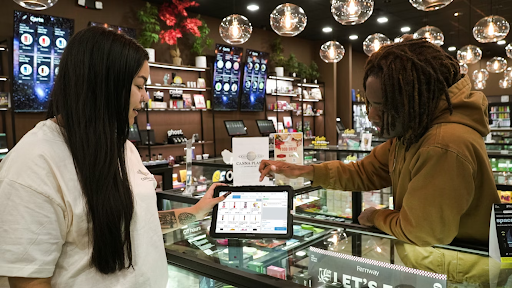







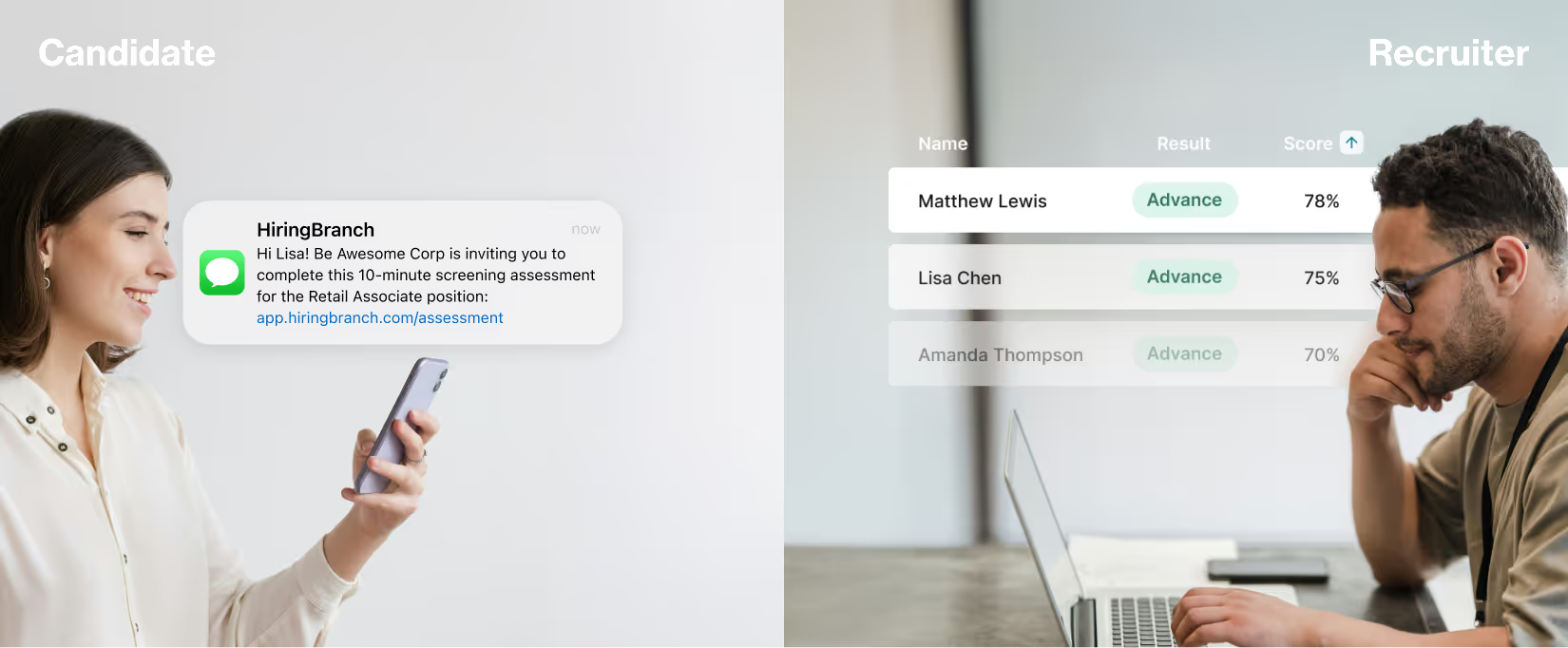




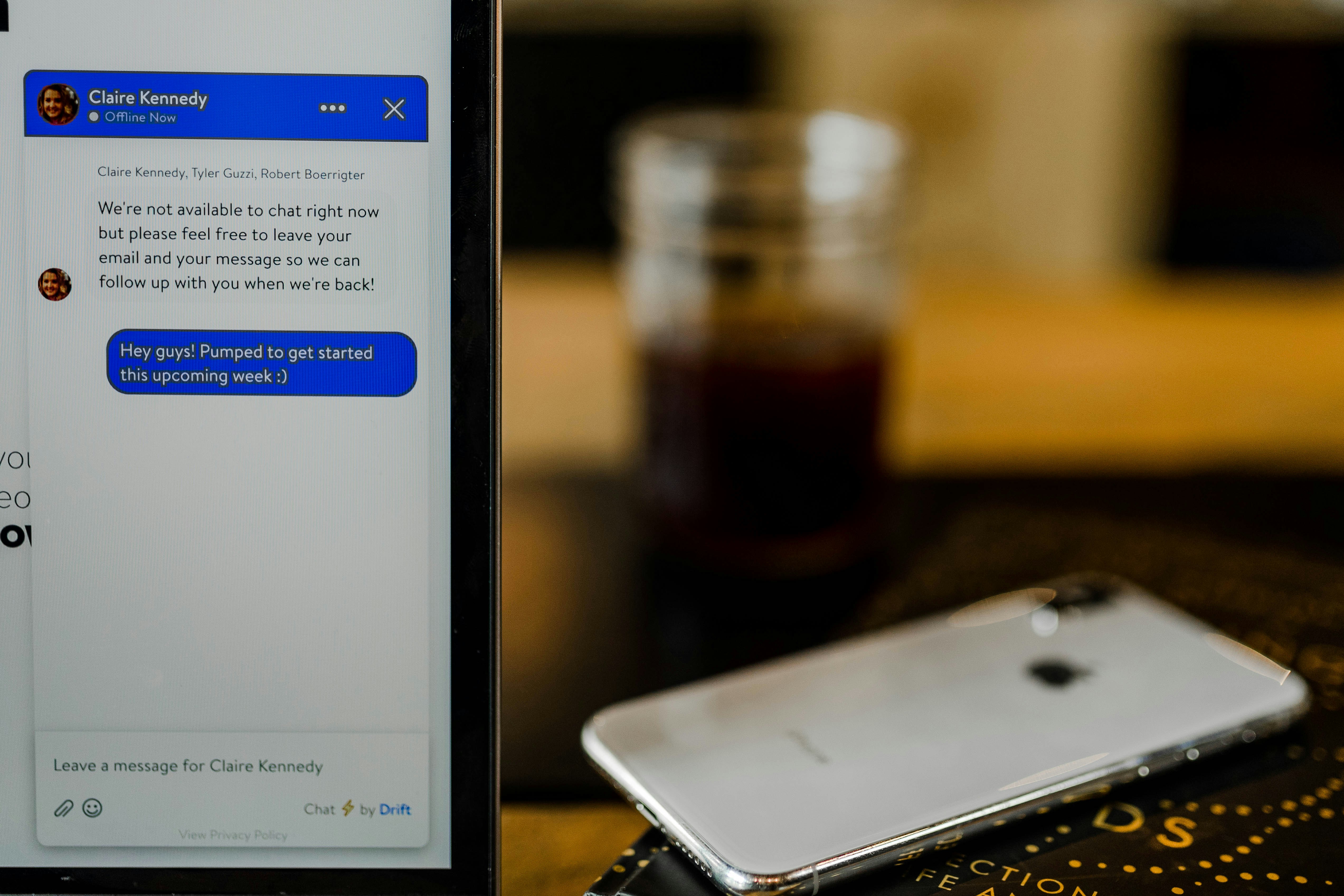








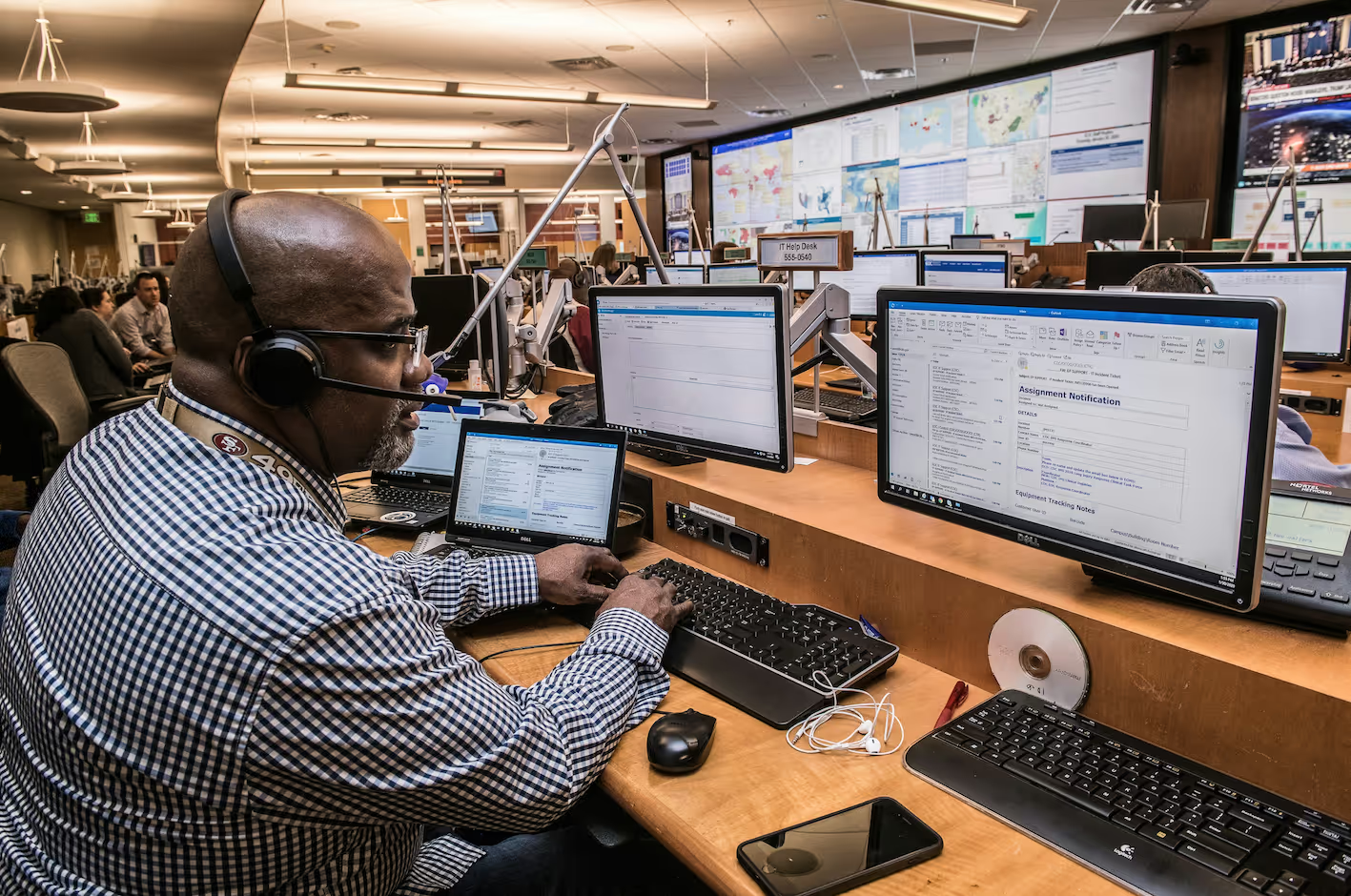
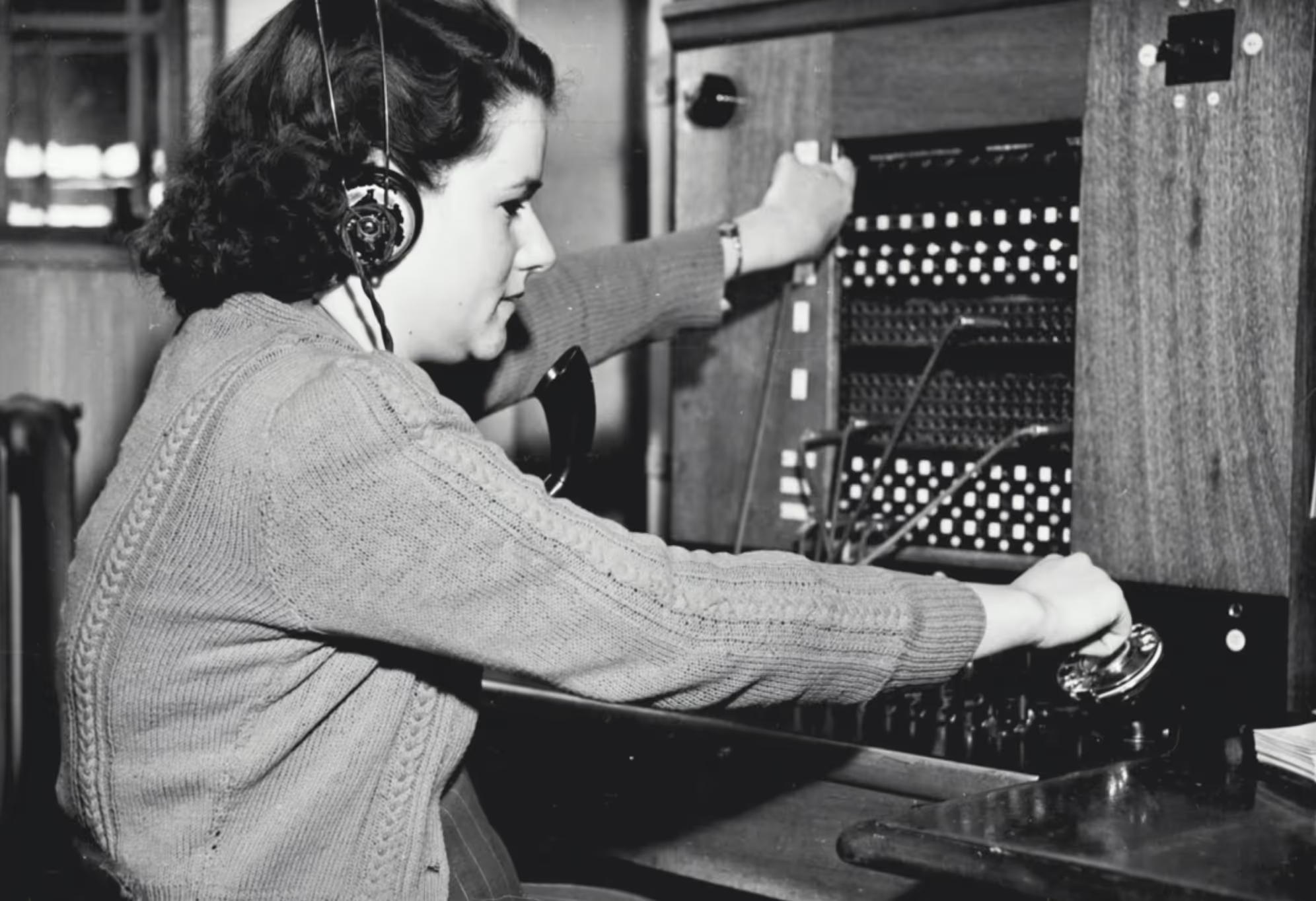















.jpg)

.jpg)















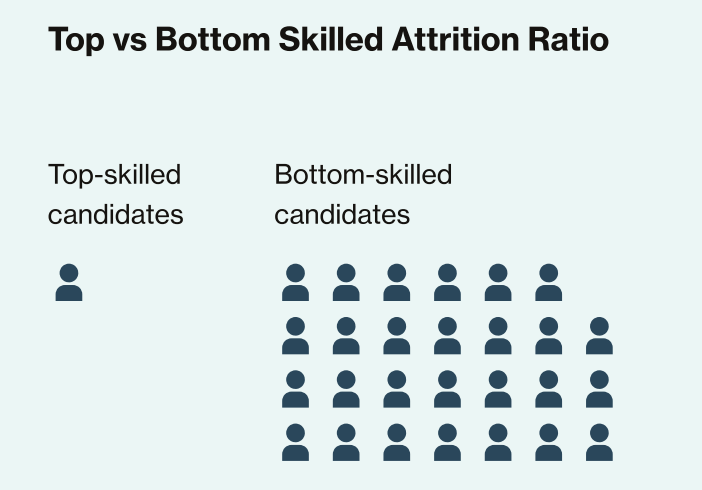









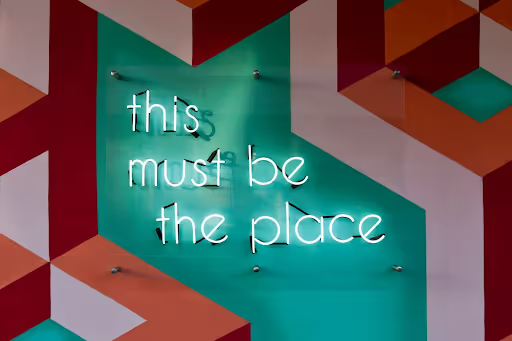

.avif)




.avif)






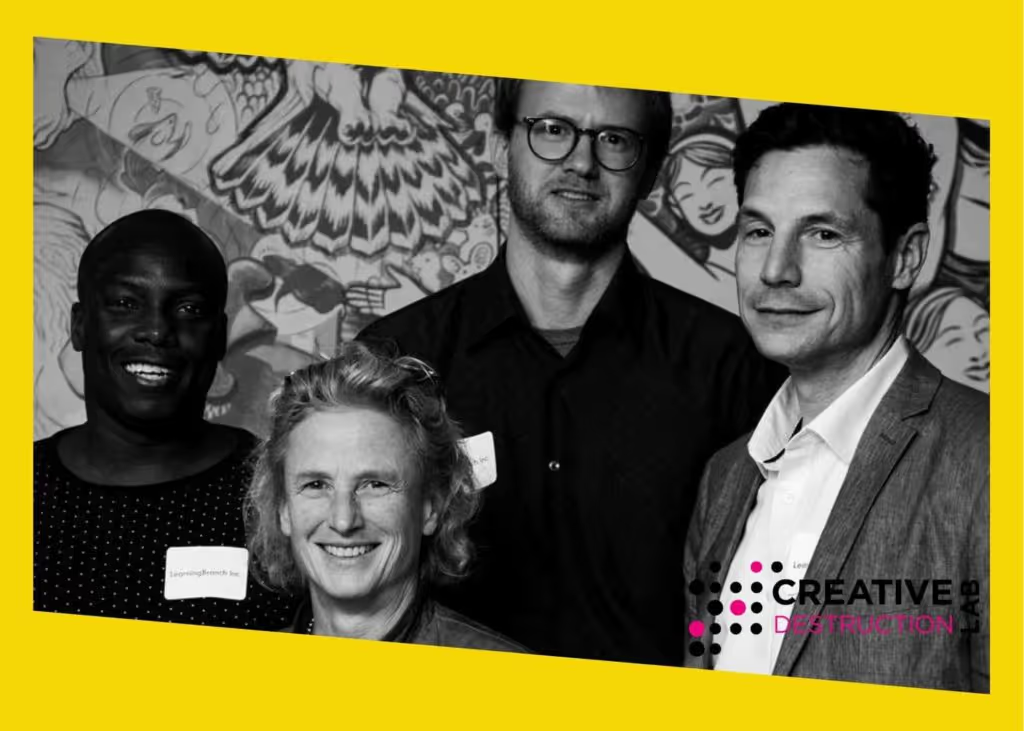

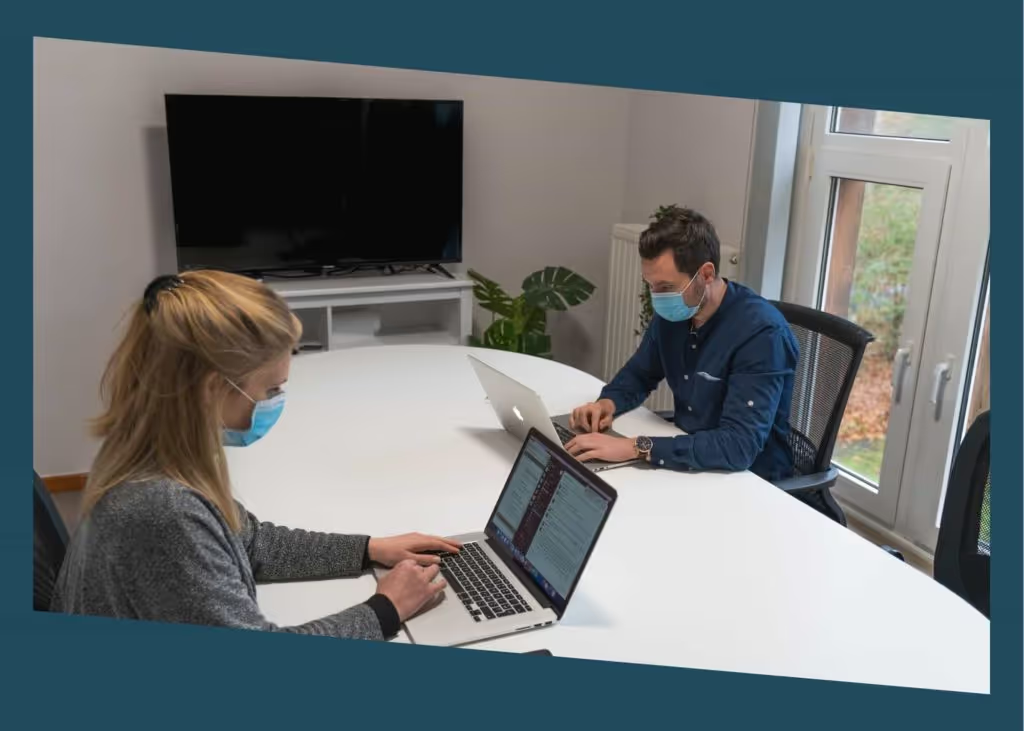
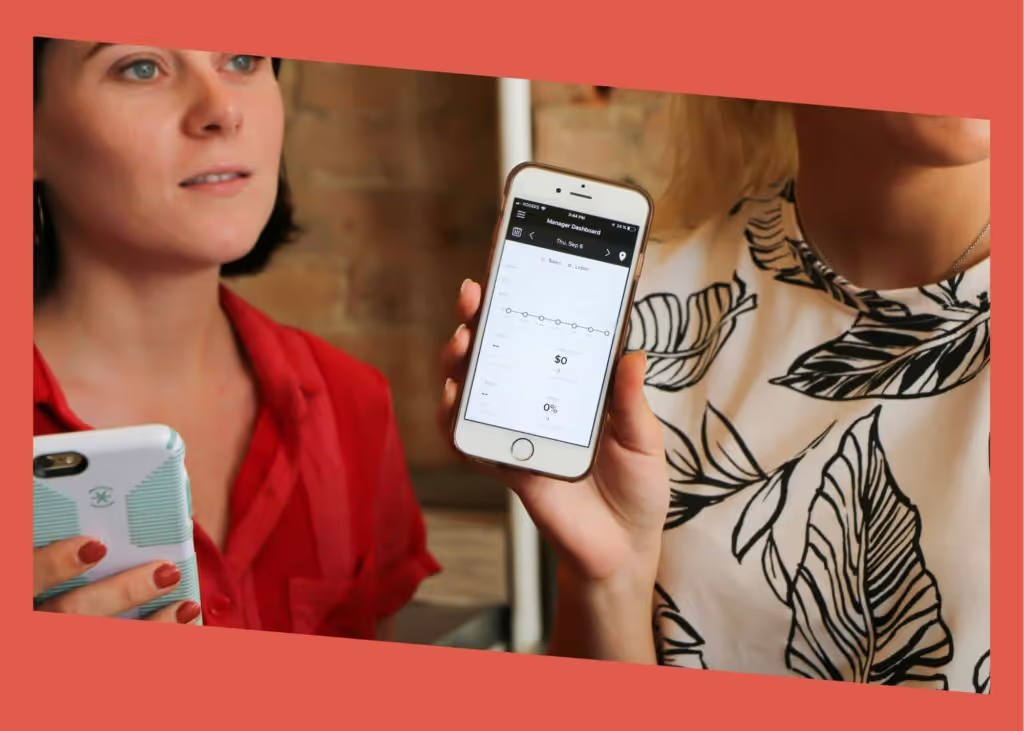

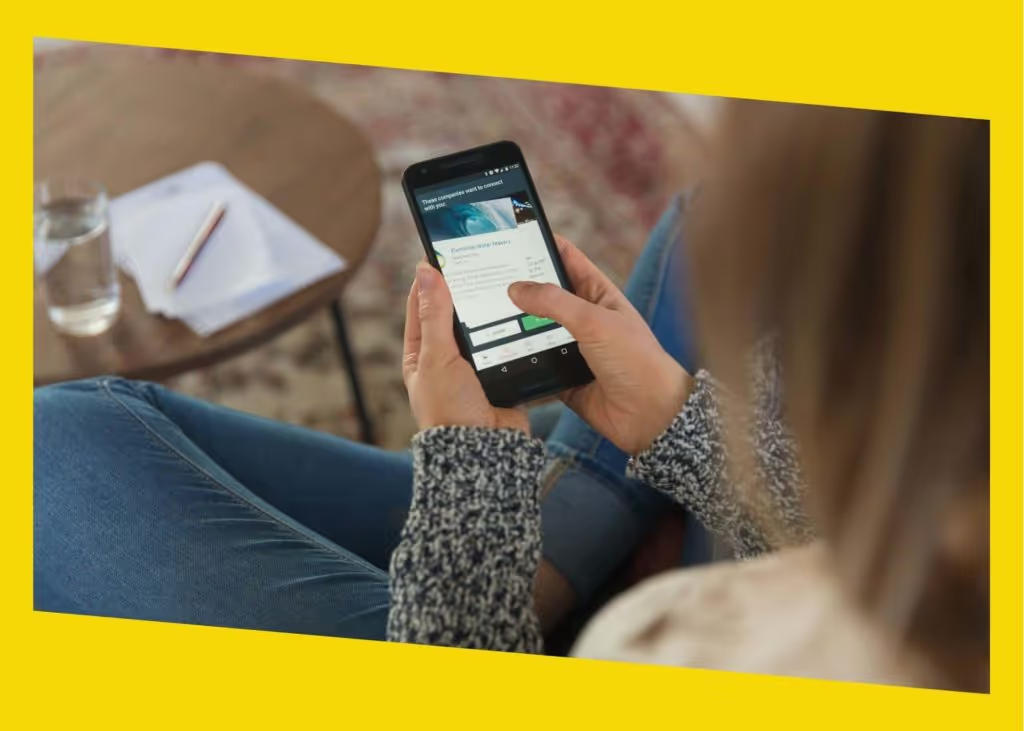




.webp)

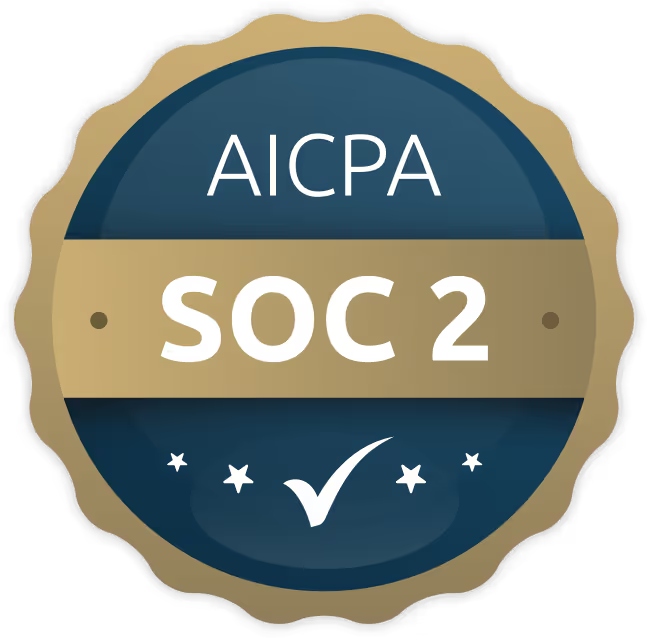


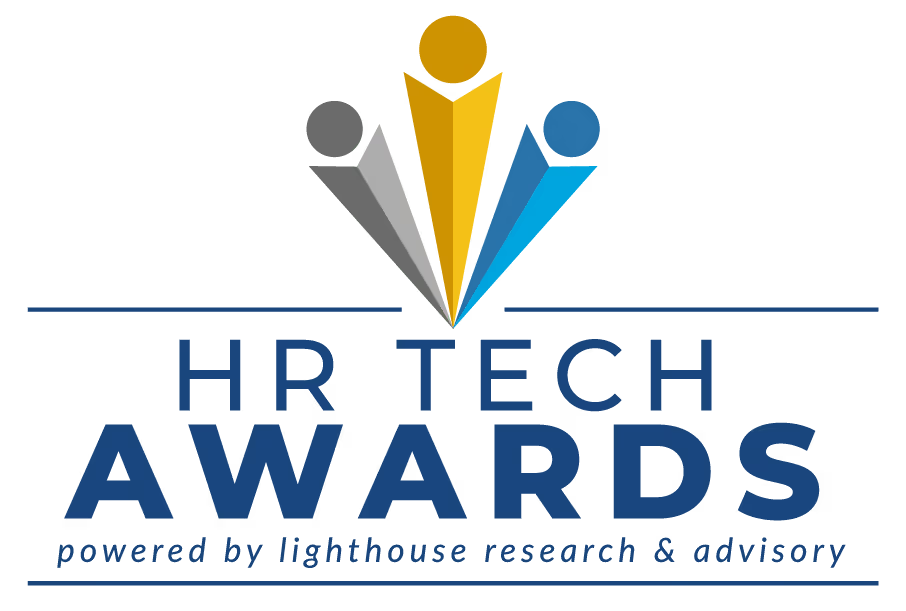
.svg)
